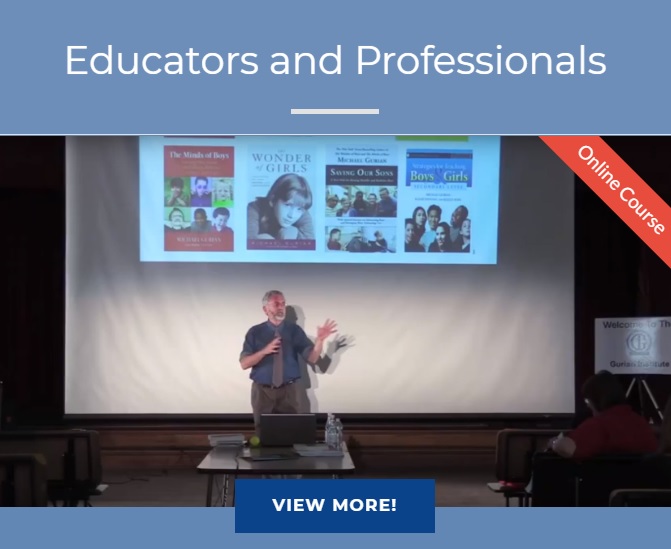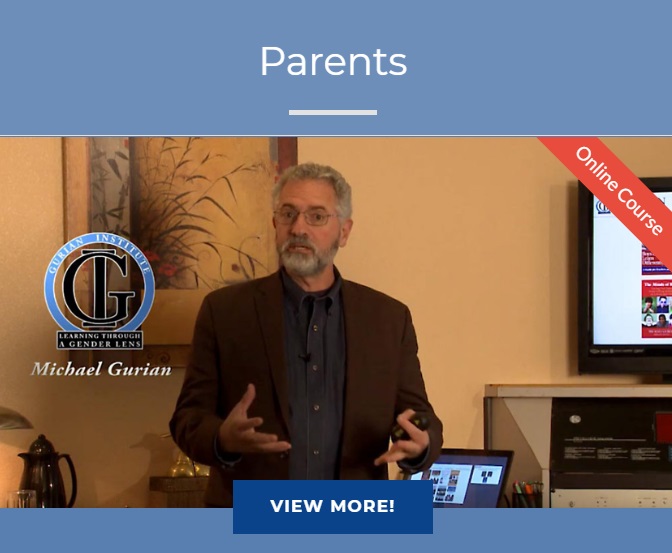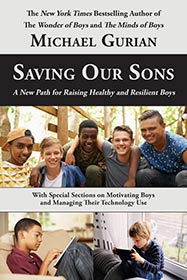Our friend and one of the sponsors of our Wonder of Parenting Podcast is the psychologist, Dr. Gregory Jantz. He is author of more than 30 books in psychology and education and co-founder of The Center, A Place of Hope. Dr. Jantz and his team have provided this week’s blog post on a key topic of American life, though many Americans (and world citizens, too) don’t realize how significant the suicide crisis has become.
Thank you Dr. Jantz and The Center for supplying this important information and helping us do this work. Michael Gurian and our team will also discuss suicide prevention at our Winter Institute in January (https://gurianinstitute.com/events/gurian-winter-institute-2021/). Here now is Dr. Jantz’s very powerful blog on this crucial topic.
Suicide is the leading cause of death after unintentional injuries for Americans up to the age of 34. For 35-54 year olds, it is the #4 cause of death. Americans over 55 die by suicide more than any other age group. Men are 3 1/2 times more likely than women to die by suicide, with middle-aged white males having the highest suicide rate. An American dies by suicide about every ten minutes, 131 times a day, and over 48,000 times a year. The devastating effect to families, children, and communities can be profound. But just knowing the numbers doesn’t help us improve the situation.
Why Do People Commit Suicide?
For some, concerns can seem to mount. Finances, relationships, health, stress, fear, abuse. Any one of these can be debilitating. Coupling two or more together can have long-lasting mental health challenges. When these concerns do not seem to improve, or if they get worse, we can begin to lose hope. If we are struggling with mental health, our inner voice can start to lead us to a very dark place. “No one loves me…things will never get better…it would be better if I was dead.” These are very real “voices” people feeling hopeless tell themselves. The pattern can be powerful, spiraling, and difficult to change.
What are warning signs someone may be thinking about suicide?
What Can I Do to Help?
Empathy, compassion, and listening are powerful traits that soothe souls. When we are hurting, we want to feel comforted, safe, that things will get better. We want people to understand why we feel the way we do. We want hope of a brighter, happier future.
The first thing you can do is be aware of the sensitivities of those close to you. Is someone exhibiting depressive, anxiety-ridden, or suicidal behaviors? Be aware, cognizant of their words, behavior, body language.
If you feel someone is considering suicide, do not ignore it. If you feel it is imminent or an emergency, stay with them until you can get professional help. Call 911 to get immediate help. Contact a close friend or family member of theirs right away. If needed, call your friend, call your personal physician.
If someone is struggling, show them love and empathy. Listen to them. Do not judge. But do not be afraid to ask a direct question. “I’ve noticed you’ve been talking a lot about wanting to die. Have you been having thoughts about trying to kill yourself?” Be prepared for their answer.
Listen. Listen. Listen some more.










